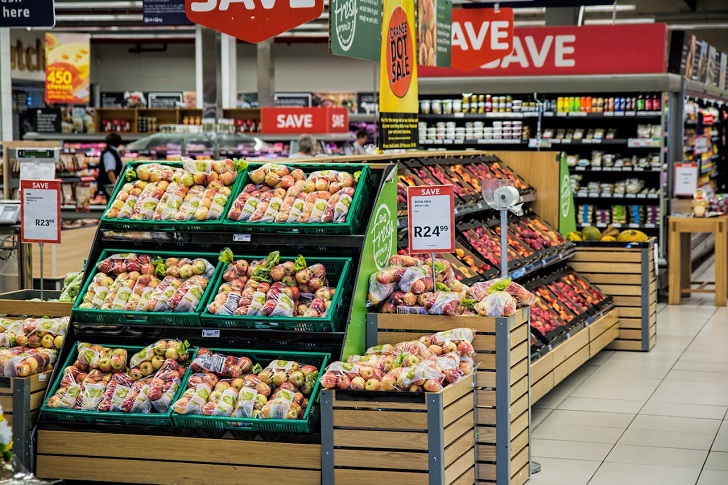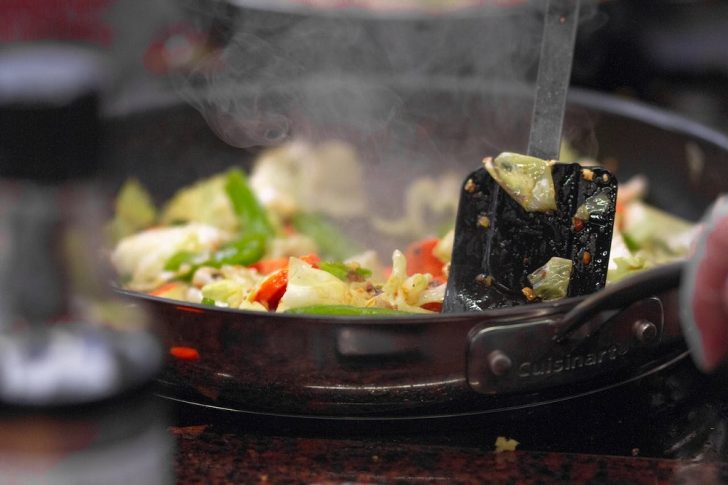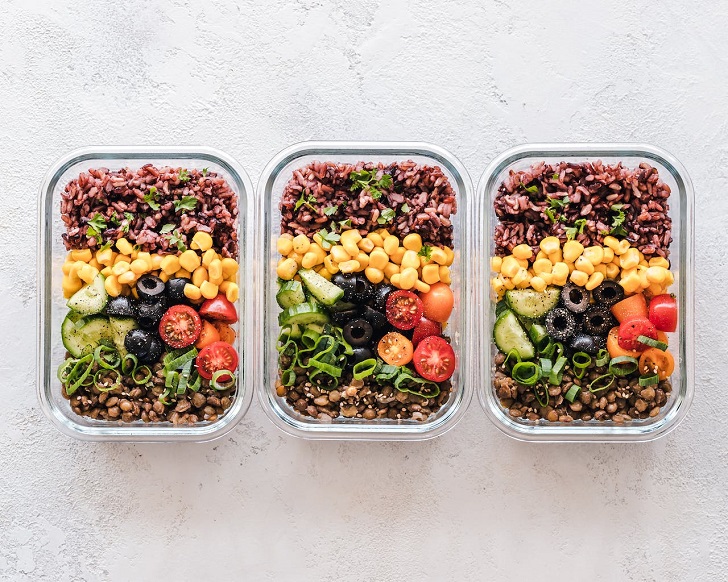A recent study has uncovered a surprising benefit of adopting a plant-based diet for people who are overweight: significant savings on grocery bills. While many associate a vegan or plant-based diet with improved health and environmental benefits, this research also sheds light on its economic advantages.
In this article, we'll explore the findings of this study and discuss how going vegan or plant-based can help individuals and families cut down on their food expenses while still enjoying delicious and nutritious meals.

Pixabay/ Pexels | Transitioning to a plant-based diet is like investing in your health and wealth simultaneously
The Study
To understand the financial implications of transitioning to a plant-based diet, a study involving 244 adults with overweight was conducted. The participants were randomly assigned to either switch to a vegan diet or continue their regular eating habits over 16 weeks. A vegan diet excludes all meat, eggs, dairy, and other animal products.
Interestingly, the researchers imposed no restrictions on the quantity of food consumed or any limitations on grocery spending. Instead, they asked participants to keep detailed food diaries, recording their eating habits and costs at the beginning and end of the study. Remarkably, the results, published in JAMA Network Open, revealed that those who switched to a vegan diet reduced their food expenses by approximately 16%.
In contrast, participants who adhered to their conventional diets saw no significant changes in their grocery bills. Dr. Hana Kahleova, the study's lead author and director of clinical research at the Physicians Committee for Responsible Medicine, noted that the most substantial savings were achieved by purchasing fruits, vegetables, grains, and beans while avoiding animal products. She highlighted beans and grains as particularly budget-friendly options.

Martin Lopez/ Pexels | You don't have to break the bank to go vegan
Balancing the Budget
The study also found that switching to a vegan diet increased spending on certain food categories. Daily fruit expenses increased from 95 cents to $1.42, while vegetable spending rose from $2.03 to $3.00. However, the additional costs associated with these staples of a vegan diet were offset by the substantial savings from eliminating animal products. For instance, daily spending on meat dropped from $1.79 to a mere $0.03, and dairy product expenses decreased from 88 cents to 5 cents.
Although the study has limitations, such as relying on participants' memory and failing to account for alcohol spending, its findings indicate that individuals could save over $10 per week by adopting a vegan diet, totaling more than $500 in annual savings. For a family of four, these savings could surpass $2,000 annually.
Cooking Your Way to Savings
One key aspect of achieving these savings is preparing whole foods from scratch. Dr. Michal Melamed, a professor of medicine, pediatrics, epidemiology, and population health, suggests that buying fresh ingredients and cooking at home is the primary strategy for economizing on a vegan diet. Homemade meals save money and allow individuals to customize their dishes to suit their taste preferences.

Ella Olsson/ Pexels | Vegan recipes offer a world of delicious possibilities
Partial Veganism
Those who aren't ready to commit to a fully vegan lifestyle still have opportunities to save money and enjoy health benefits by incorporating more plant-based choices into their diets. Dr. J. David Spence recommends reducing meat consumption to a serving the size of the palm of one's hand every other day. This gradual approach can make transitioning to a more plant-based diet feel less overwhelming.
Another practical step is embracing "Meatless Mondays," a concept promoted by Monday Campaigns. Samantha Heller, a senior clinical nutritionist, suggests trying plant-based dishes that mimic the flavors of traditional meat-based comfort foods.
Simple swaps can also make a big difference, such as opting for pasta with meatless marinara sauce, a bean burrito instead of a beef or chicken one, or a black bean burger or grilled portobello burger instead of a traditional hamburger. With the abundance of delicious vegan recipes available, finding suitable replacements for animal products is easier than ever.




